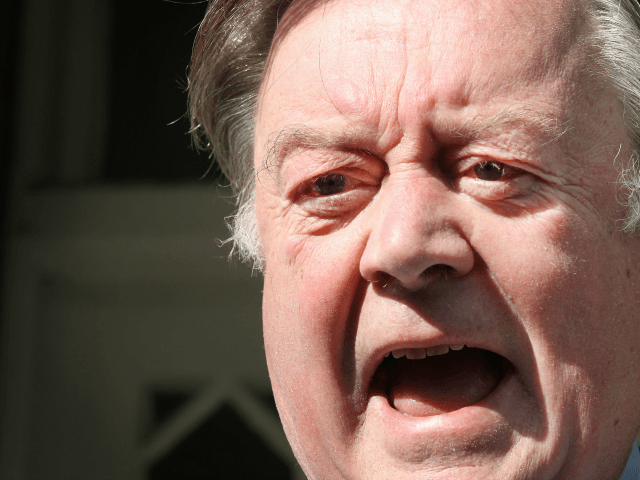MPs have voted against a Labour amendment aiming to water down Brexit and keep the UK tied the European Union’s Charter of Fundamental Rights by making it part of UK law.
Labour’s ‘Amendment 4’ to the Brexit Withdrawal Bill, passed last September, was voted down by 317 votes to 299 Tuesday evening, despite a vocal rebellion by veteran europhile Tory Kenneth Clarke.
However, former Tory Attorney General Dominic Grieve – who has rebelled on a separate amendment to the bill – stood by the government after receiving reassurances from ministers.
More than 300 amendments were initially proposed to the bill, many of which were designed to stall or delay Brexit.
It is currently in the report stage in the House of Commons and aims to transfer all existing EU law into UK law after Brexit in March 2019. It includes several exceptions, however, including the EU Charter of Fundamental Rights.
“The Charter of Fundamental Rights is not part of domestic law on or after exit day,” the bill reads.
Anti-Brexit campaigners have been opposed to the bill generally, arguing it hands the executive too much power.
The government has argued that rights in the Charter are already cover by British law, and last year offered to do a “right-by-right analysis” of how the protections enshrined in it will be guaranteed after Brexit.
Tory MP John Redwood argued, “that the best guarantee of the fundamental rights of the British people is the will of the British people as expressed through the Parliaments they elect”.
“That is the system I thought we all believed in. I know of no threats to these important rights coming from this Parliament,” he told the house.
“There are not people proposing that they are watered down, and there would be no majority to do so. The guarantee to the British people is that their Parliament will look after their rights.”
Mr. Grieve did not fully agree, arguing that “the whole point about the Human Rights Act was that it added to protections enjoyed under the common law and did so in a way that was compatible with this House’s sovereignty.”
“Nice as it is to rely upon the Executive’s goodwill… that goodwill is not something that we should always rely on,” he added.

COMMENTS
Please let us know if you're having issues with commenting.